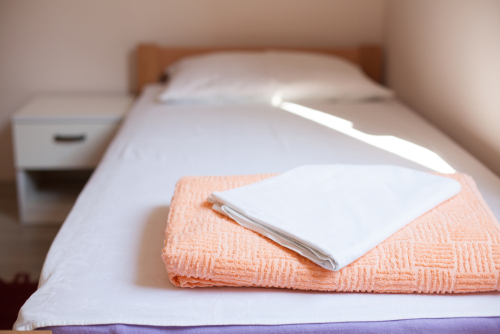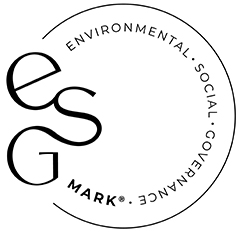This was a city centre YMCA. It used to provide welfare services to residents and as such the accommodation element was treated as exempt as ancillary to the welfare.
The YMCA stopped providing welfare so HMRC said that the supply was standard rated as an exception to the general land exemption as a hotel, inn, guest house or “similar establishment”. However, this also meant that after 28 days continuous stay the effective rate of VAT for residents fell to 5%, which was financially beneficial to the YMCA (recovering all the VAT on its costs but with reduced output tax due).
HMRC then ruled that it was standard rated, but because it was not a licence to occupy land, HMRC said that the residents hadn’t “exclusive possession” of their bedrooms (a clause in the agreement enabled staff from the YMCA to have access to the rooms for safety, security and emergency purposes). As it was not a “similar establishment”, the YMCA could not benefit from the reduced value rules.
Like a lot of urban YMCA’s the establishment's primary purpose is to provide accommodation to young, homeless people. In addition to the bedroom itself, there were shared facilities including a lounge (with TV, pool table, etc.) and a kitchen with cooking facilities.
In looking at the “commercial and economic reality” the Tribunal found that the supply was a licence to occupy. The “measures to have access are proportionate and reflect sound commercial sense” and did not interfere in the basic proposition that the resident had the use and enjoyment of their room to exclusion of all others.
So it was a licence to occupy; but could be excluded from the exemption as a “similar establishment” to a hotel, etc.? HMRC argued that as the YMCA had a process that requires application and selection, and was not available to the general public, it was not a hotel or similar establishment. The Tribunal took the view that the key issue here was the temporary nature of the accommodation. In addition, if a potential resident was not accommodated by the YMCA then the relevant agency would look to source accommodation from a hotel or similar establishment, so under fiscal neutrality, the YMCA was such an establishment.
So the YMCA was making standard rated supplies as a “similar establishment” and as such could also benefit from the reduced value rules (surely HMRC’s view was based on strict legal interpretation rather than trying to deny an ancillary financial benefit?).
If you have any questions about the above, or would like more information specific to your circumstances, please enter your email address below and we will get in touch:













